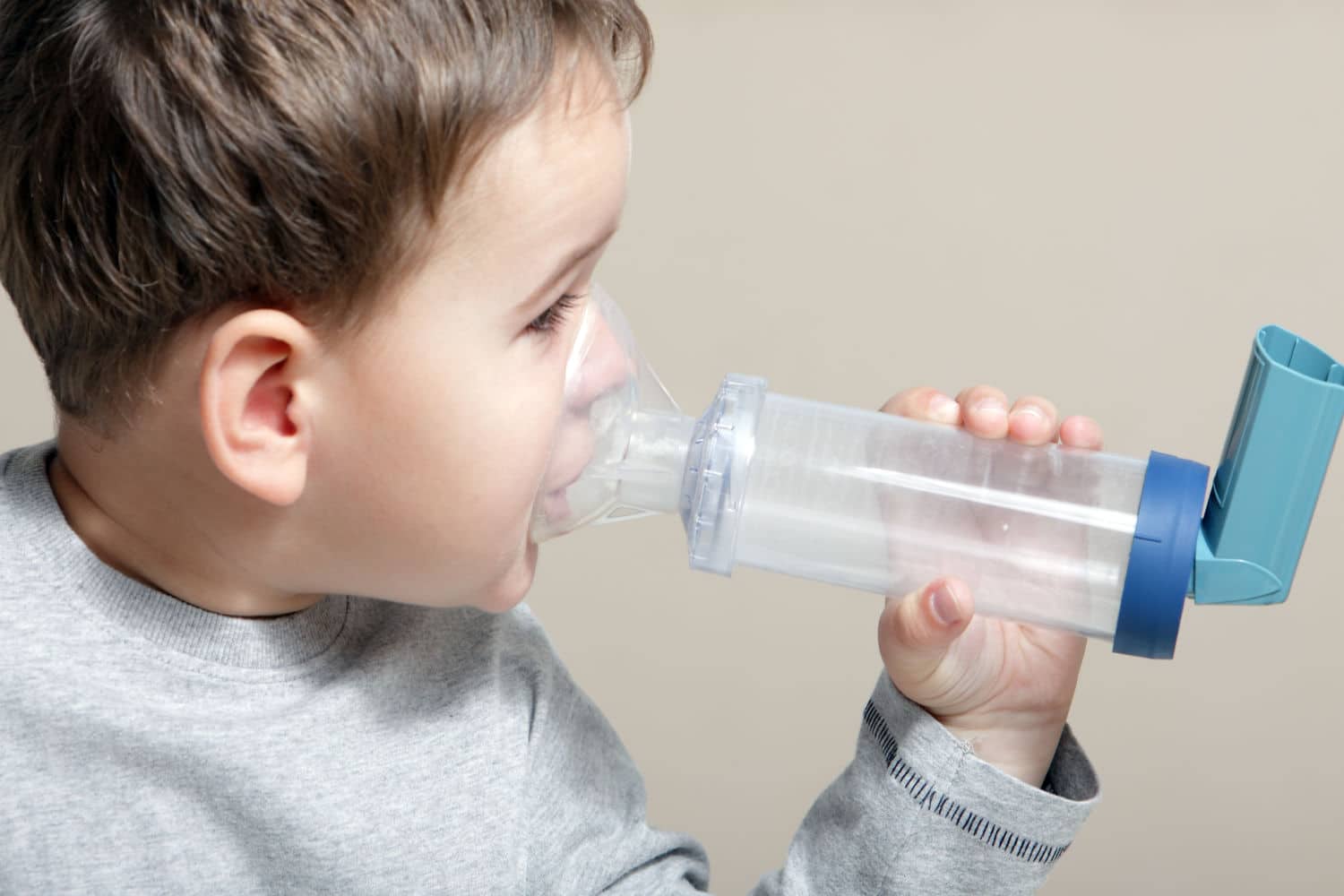The Asthma is a narrowing of the airways and is characterized by wheezing, chest tightness, and shortness of breath. Pharmacology has a greater role in treating asthma in childhood. Non-pharmacological management is followed by training in breathing exercise programs. Avoiding allergic triggers and environmental triggers can reduce the symptoms, as well as avoiding smoking or reducing exposure to smoking areas.
Triggers include infections, irritants, pollution, exercise, and exposure to cold, etc. Asthma includes Extrinsic and Intrinsic Asthma. Extrinsic asthma has episodic asthma and less often leads to status asthmaticus. Intrinsic asthma is more common in status asthmaticus.
Individualized treatment plans, lifestyle modifications, regular follow-up, are also helpful in reducing complications.
The symptoms of asthma have an impact on a child’s quality of life, so treatment is essential. Several treatments include:
Bronchodilators dilate the respiratory wall and ease breathing. Bronchodilators are short-acting and long-acting. Short-acting ones are used in emergency conditions, and long-acting ones are used to control asthma.
Anti-Inflammatory Medications reduce inflammation in the airways. Corticosteroids, both oral and inhaled, are the most effective. Corticosteroids are used to control symptoms in the long term.
Leukotriene Modifiers play a crucial role in relieving asthma. Leukotrienes are inflammatory mediators. Leukotriene modifiers are available in oral form, making them more convenient for children who have difficulty using inhalers.
Immunomodulators are monoclonal antibodies are Severe asthma cases only use these medicines. These reduce exacerbations and control asthma.
Combination Medications are used in cases of moderate to severe conditions when monotherapy is not recommended. Mainly, different class drug combinations are preferred.
Allergy Medications are antihistamines that reduce allergies and decrease asthma exacerbation.
The goal of asthma treatment is to control frequent asthmatic attacks and help children become active and symptom-free, improving their overall quality of life. Pediatric allergists and pulmonologists are experts in the treatment and management of asthma.


